Credit cards are widening the gap between the rich and poor, according to a study released by the Federal Reserve Bank of Boston on Monday. The study says that credit cards often make the wealthy wealthier, and at the same time drive down the less fortunate.
In order to recoup the costs for merchant fees and rewards, merchants raise retail prices for all consumers, instead of differentiating the prices for card users and non-card purchasers. The non-card consumers do not receive rewards or cash back alongside their purchases, as do the users of many different credit cards on the market today. The non-credit card consumers are in fact financing the rewards given to credit card users, says the study.
A possible reduction of merchant fees is expected to increase consumer welfare by 0.12 to 0.21 percent.
“On average, each cash-using household pays $151 to card-using households and each card-using household receives $1,482 from cash users every year,” as authors Scott Schuh, Oz Shy, and Joanna Stavins stated in the study abstract.
These values do not include interest paid on unpaid credit card balances.
Credit card spending and rewards are positively correlated with household income, according to U.S. data. As a result, the study indicates that families with lower household incomes are, in a sense, transferring their money to more affluent families.
“On average, and after accounting for rewards paid to households by banks, when all households are divided into two income groups, each low-income household pays $9 to high-income households and each high-income household receives $434 from low-income households every year.”
The reason the wealth system is becoming more and more unbalanced is primarily due to consumers’ ignorance of the issue, says the study. They are often attracted to conveniences and benefits of using a credits without any knowledge about where the reward or cash back comes from.
“The typical consumer is largely unaware of the full ramifications of paying for goods and
services by credit card.”
In order to recoup the costs for merchant fees and rewards, merchants raise retail prices for all consumers, instead of differentiating the prices for card users and non-card purchasers. The non-card consumers do not receive rewards or cash back alongside their purchases, as do the users of many different credit cards on the market today. The non-credit card consumers are in fact financing the rewards given to credit card users, says the study.
A possible reduction of merchant fees is expected to increase consumer welfare by 0.12 to 0.21 percent.
“On average, each cash-using household pays $151 to card-using households and each card-using household receives $1,482 from cash users every year,” as authors Scott Schuh, Oz Shy, and Joanna Stavins stated in the study abstract.
These values do not include interest paid on unpaid credit card balances.
Credit card spending and rewards are positively correlated with household income, according to U.S. data. As a result, the study indicates that families with lower household incomes are, in a sense, transferring their money to more affluent families.
“On average, and after accounting for rewards paid to households by banks, when all households are divided into two income groups, each low-income household pays $9 to high-income households and each high-income household receives $434 from low-income households every year.”
The reason the wealth system is becoming more and more unbalanced is primarily due to consumers’ ignorance of the issue, says the study. They are often attracted to conveniences and benefits of using a credits without any knowledge about where the reward or cash back comes from.
“The typical consumer is largely unaware of the full ramifications of paying for goods and
services by credit card.”
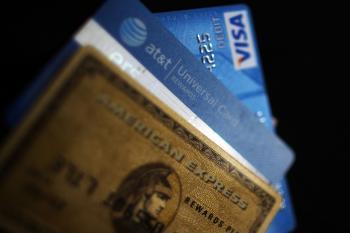
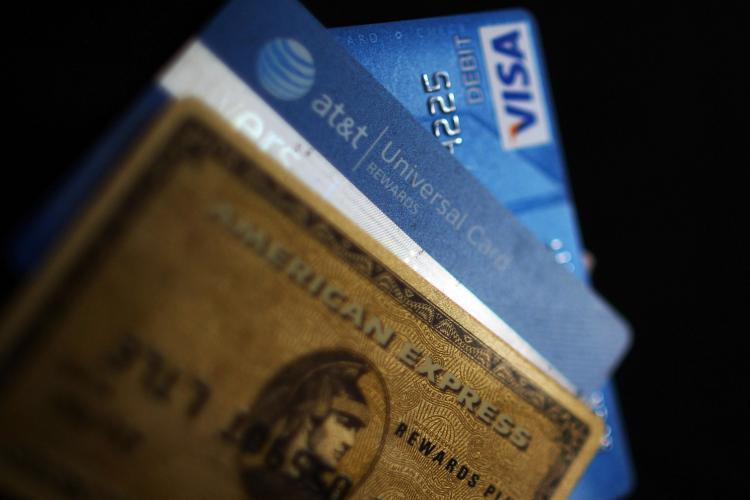
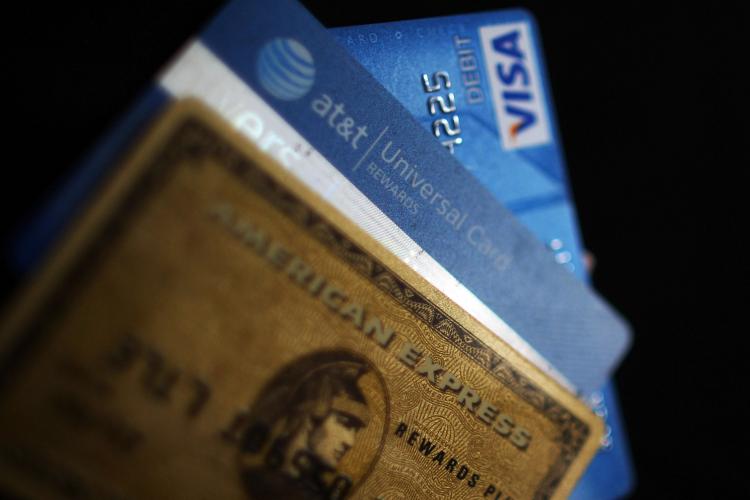
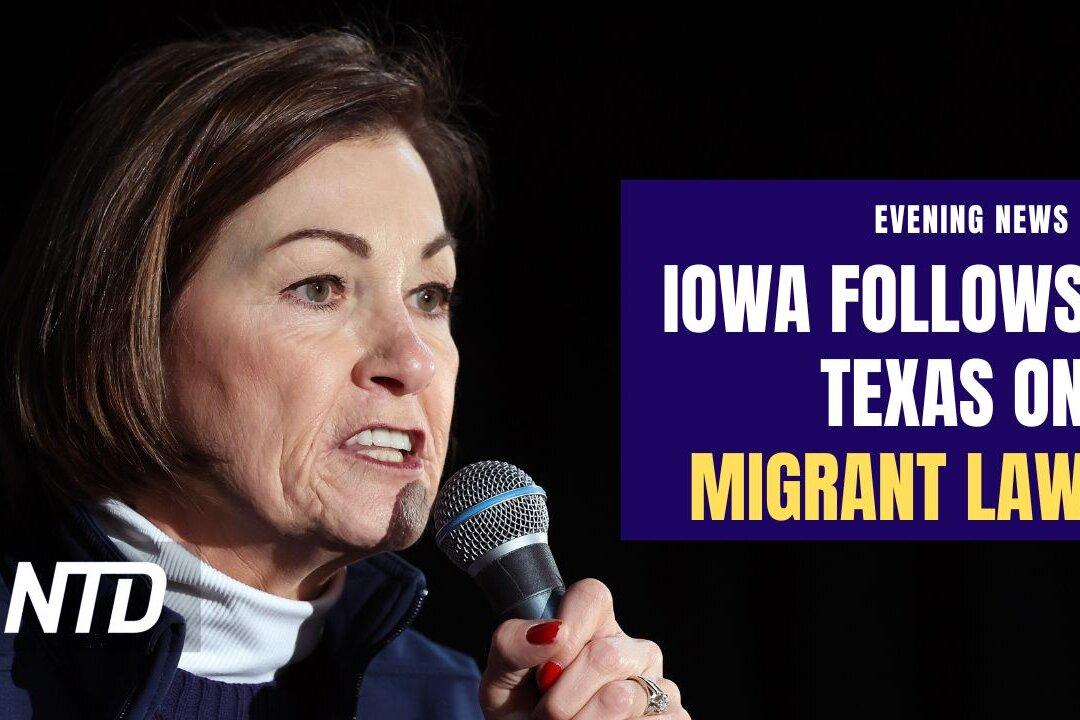

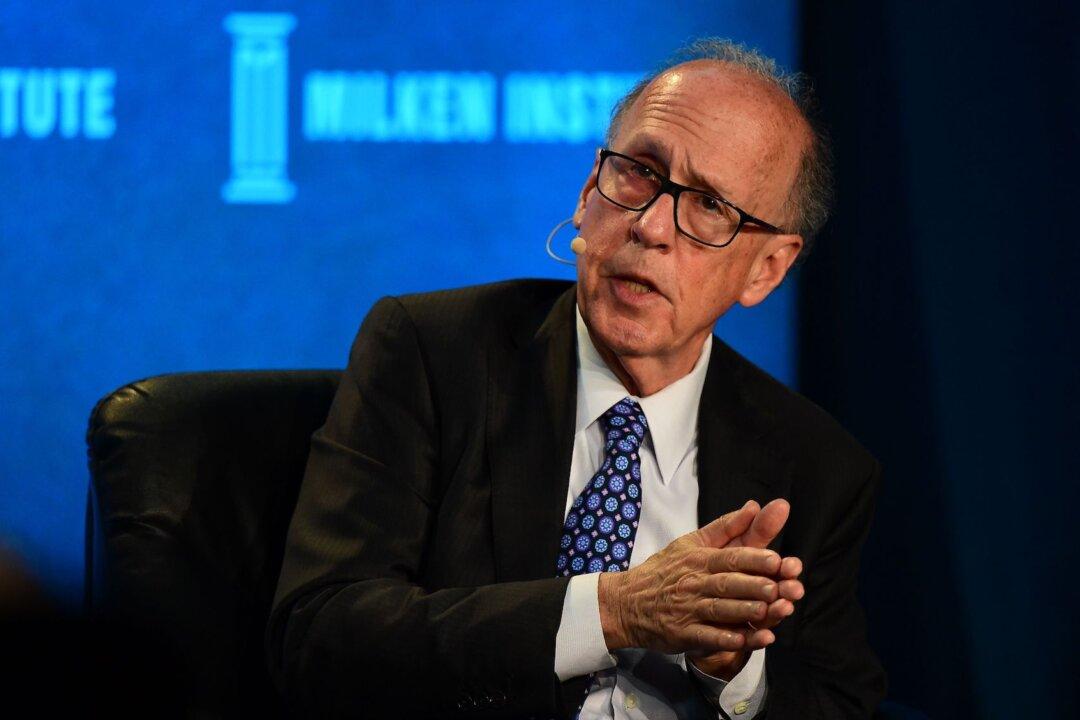

Friends Read Free